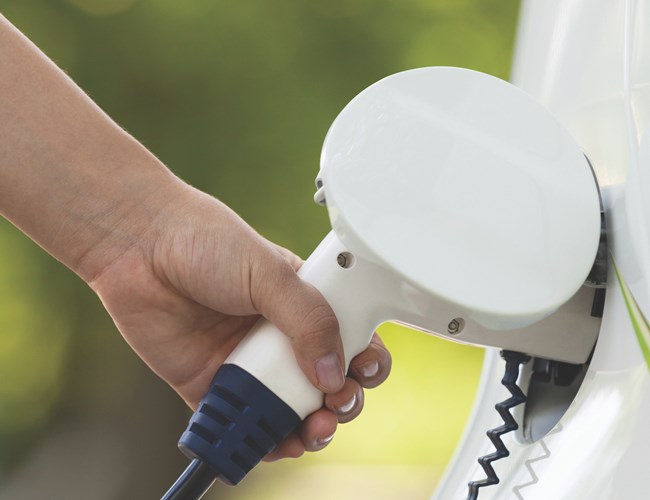We use cookies to ensure that we give you the best experience on our website. If you continue without changing your settings, we will assume that you are happy to receive all cookies on the Business Car website. However, if you would like to, you can change your cookies at any time

The start point for the best source of fleet information |
Soaring rapid EV charging costs nearing petrol and diesel prices, RAC reports
Date: 26 September 2022 | Author: Sean Keywood

The cost of charging an EV at public rapid chargers has increased by 42% since May, according to the RAC.
The motoring organisation's data said the average price for a charge was now 63.29p per kWh, and that a driver exclusively using public rapid or ultra-rapid charging would now pay 18p per mile on average, up from 13p four months ago.
This compares with 19p per mile for a petrol car, and 21p per mile for diesel, based on those cars achieving 40mpg.
The RAC has pointed out that many EV drivers will mainly charge at home, where the cost is cheaper - expected to be 9p per mile on average once new energy prices come in next weekend.
However, the organisation said the price gap demonstrated the premium paid by drivers who couldn't charge at home, and warned the rising public charging prices could deter EV adoption.
The RAC has called for VAT to be applied to public charging at a 5% rate, the same as home charging.
RAC spokesperson Simon Williams said: "For those that have already made the switch to an electric car or are thinking of doing so, it remains the case that charging away from home costs less than refuelling a petrol or diesel car, but these figures show that the gap is narrowing as a result of the enormous increases in the cost of electricity. These figures very clearly show that it's drivers who use public rapid and ultra-rapid chargers the most who are being hit the hardest.
""The Energy Price Guarantee benefits those drivers who are fortunate enough to charge their cars at home, but for those that rely on the public charging network - including those without driveways - it's a much bleaker picture right now.
"The fact wholesale energy will prices be capped for six months should lead to some price reductions by charge point operators in the coming weeks - but what EV drivers don't want to see is operators having to hike their charges next Spring if wholesale costs keep climbing.
"The government needs to redouble its efforts in helping drivers to go electric if it is to meet its own net-zero transport objectives and levelling the public and domestic electricity VAT rates would show it is serious about doing so at a time when household budgets are getting ever tighter."











